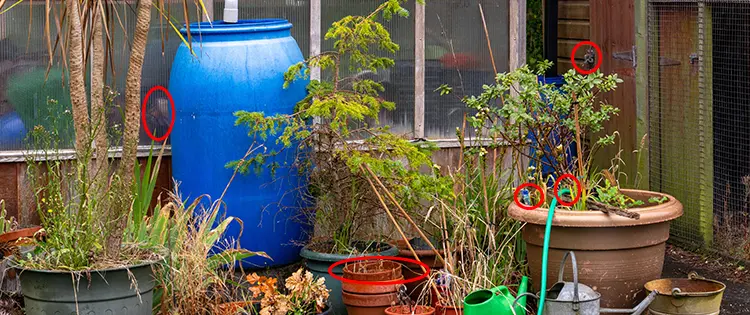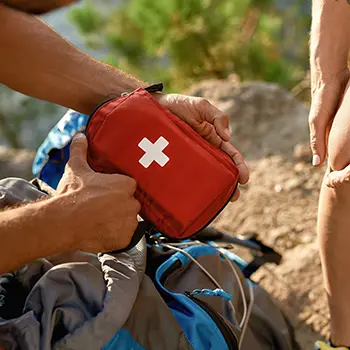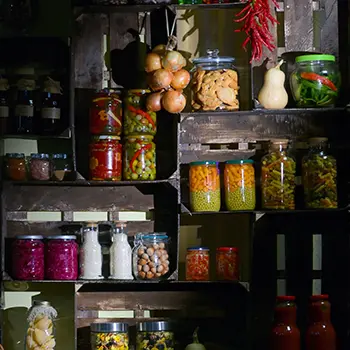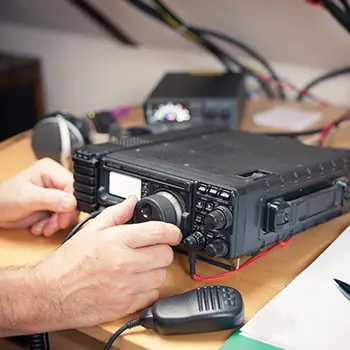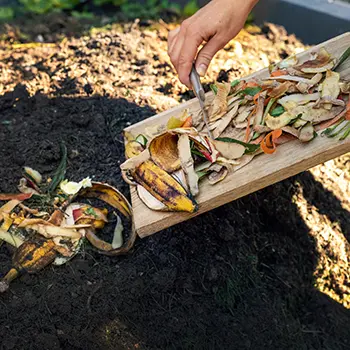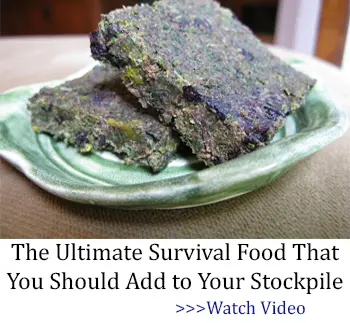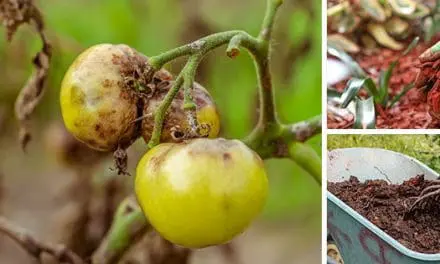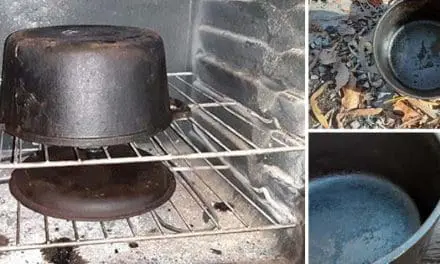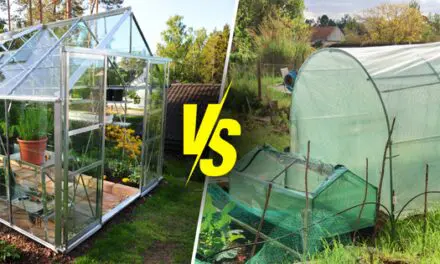Homesteading mistakes used to be seen as something only conspiracy theorists and survival fanatics made, far from mainstream culture. However, as more people turn to self-sufficiency, these mistakes are becoming more common—and more important to avoid.
The idea that people might have to rely on themselves for power, medical care, and food isn’t far-fetched anymore—it’s becoming a real possibility. Here’s the thing: in homesteading, you’re either ready, or you’re not. If you’re only halfway prepared, you might have spent a lot of time and money on solutions that won’t fully protect you. That could leave you stranded when you need help the most.
In this article, we’ll break down what it really means to be ready and see if you’re taking homesteading seriously. The good news? Doing something is always better than doing nothing. This guide will help you figure out if you’re truly prepared and show where you can improve.
Common Homesteading Mistakes and Signs You’re Not Fully Committed
Limited Food Storage and Production 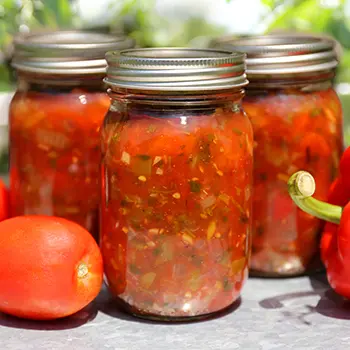
Having plenty of food stored and the ability to produce more are key parts of serious homesteading. If you don’t take food preparation seriously, you may make homesteading mistakes. You might have little to no long-term food supply. You may also lack a plan for growing food or raising animals.
If you raise chickens, you have access to a steady supply of eggs. But if you feed them this particular plant, known for its ability to boost egg production, you could double your yield.
Neglecting these aspects can leave individuals vulnerable during prolonged crises.
Homesteading Mistakes About Lack of Skills Development
Learning essential skills is a big part of serious homesteading.
If you’re not building your skills, you might be passing up chances to learn hands-on skills or fix things when needed. Those who take homesteading seriously know the importance of having a wide range of skills to handle tough situations.
Neglecting Medical Preparedness 
Having medical supplies and knowing how to use them is a big part of homesteading. If your first aid kit is lacking or you don’t know basic medical skills like CPR, you might be making homesteading mistakes by not being as prepared as you should be.
The reality is, in a self-sufficient lifestyle, there may be times when you don’t have immediate access to a doctor. That’s why it’s important to have supplies. You also need to know how to handle medical situations by yourself.
I recommend having a trusted medical guide on hand. This 304-page, doctor-approved guide offers step-by-step instructions for managing most health issues when help is not on the way. It’s a resource that helps you feel confident in emergencies. It covers common health issues and more serious situations. You won’t be left in the dark when you can’t get medical help.
Homesteading Mistakes About Over-Reliance on Short-term Solutions
If you only think about short-term survival, you are not planning for the future. You need to set up sustainable systems.
This includes using renewable energy and conserving water. You need a plan that covers the first 24 hours, then the first week, month, year, and beyond. If society falls apart, it won’t bounce back overnight.
It could take decades—or even centuries—to rebuild the skills and knowledge we have today. Serious homesteaders think in three stages: short-term, medium-term, and long-term.
Failure to Secure Supplies 
Protecting your supplies from theft or damage is a top priority for serious homesteaders. Weak security—like not properly locking up your storage areas or food stockpiles—can put all your hard work at risk.
You might think hiding your stockpile in your basement or in your attic is a good idea. This video will explain why you should never do this.
Additionally, the absence of backup plans in case of supply loss or damage suggests a lack of thorough preparation.
Homesteading Mistakes About Disregarding Continual Education
Staying informed and learning new skills is key to serious homesteading. You need to keep up with new tools, techniques, and knowledge that can help you live more independently.
Some people believe homesteading is only about returning to the 1800s. However, there is much to learn from that time. We can use that knowledge in our lives today. Serious homesteaders understand that self-sufficiency is always changing. They make it a priority to stay updated and improve their skills.
Ignoring Communication and Planning 
Good communication and planning within your family or group are essential for solid homesteading.
If you don’t have a clear emergency plan or set evacuation routes and meeting spots, you might not be as prepared as you think. Serious homesteaders understand that clear communication and good plans are important. They help keep everyone safe and prepared for anything.
Homesteading Mistakes About Failure to Adapt to Changing Situations
Being flexible and able to adapt is key to successful homesteading.
If you’re not adjusting your plans based on new information or changing circumstances, you might be setting yourself up for failure. Serious homesteaders understand that emergencies are unpredictable, so they keep improving their preparations to stay ready for anything.
No Backup Power Systems
If you’re relying only on the grid for electricity, you’re setting yourself up for trouble. What if there’s a storm or a power outage that lasts longer than expected? Without backup power systems like solar panels, wind turbines, or generators, you could lose power when you need it most.
Trust me when I say that you will want to be prepared and not get caught off guard regarding electricity. This Modular Backyard Power Plant is perfect if you want a reliable power source in your backyard 24/7. It shows you how to build your own backyard power plant with detailed, step-by-step instructions, illustrations, and videos.
You’ll get a complete list of all the materials you need and where to find them, so there’s no guessing. It’s like putting together furniture from Ikea. With this guide, you won’t have to rely on power companies for your food, health, and home security.
Homesteading Mistakes About Ignoring the Importance of Bartering and Community
Homesteading isn’t just about being isolated. It’s about building a network of people who can help each other out in tough times. Bartering—trading goods and services—is a smart way to get what you need without relying on cash. If you’re not thinking about how you can work with your neighbors or trade things you grow or make, you’re missing out.
Strong community ties are important when things go wrong. It is easier to face challenges with others than to do it alone.
Failure to Manage Waste 
Managing waste isn’t just about keeping things clean. If you don’t have a plan for composting your kitchen scraps, recycling, or dealing with human waste, you’re wasting valuable resources. Composting helps you create rich soil for your garden, and recycling keeps trash out of landfills.
It is very important to have a good system for human waste. A composting toilet or septic system can help a lot. This can keep us healthy and support sustainability. If you’re not thinking about waste management, you could run into some big problems down the road.
Poor Financial Management
Running a homestead takes money, whether it’s for tools, seeds, equipment, or building materials. If you’re not budgeting or planning how to spend and save, you could quickly find yourself in financial trouble. Having a good handle on your finances is just as important as having the physical resources you need.
You need to make sure you’re investing in things that will last, like durable tools or high-quality seeds, and not just spending on short-term fixes. Knowing how to manage your money helps ensure your homesteading efforts are sustainable in the long run.
Inability to Repair or Maintain Tools and Equipment
Not being able to repair or maintain your tools and equipment means you’re relying on others for basic repairs. You should be able to do basic repairs yourself. This includes fixing a tractor, a generator, or a leaky faucet. If you can’t fix things when they break, you’re going to face delays, added costs, and frustration.
Being able to repair and maintain your tools means you’re less dependent on outside help and more self-sufficient. It’s a key skill that helps you save time and money while keeping your homestead running smoothly.
Key Questions to Identify Homesteading Mistakes and Improve Your Preparedness
- Do I have enough food stored and a plan to produce more?
If you don’t have a long-term food supply or a plan to grow food or raise animals, you’re not prepared enough.
- Am I investing in skills development, or am I relying on others?
If you’re not learning essential skills like basic carpentry, farming, or medical care, you’re missing out on important self-sufficiency tools.
- Do I have enough medical supplies and know how to use them?
If your first aid kit is lacking or you don’t know how to perform basic first aid, you’re vulnerable in emergencies.
- Am I relying too much on short-term solutions instead of long-term ones?
If you’re using quick fixes like disposable goods and not thinking about sustainability, you’re making a homesteading mistake.
- Are my supplies properly secured against theft or damage?
If your storage areas aren’t secure or protected, your efforts could be wasted in an emergency.
- Am I staying updated with new techniques and knowledge?
If you’re not continuing to educate yourself, you’re falling behind on new methods and technologies that can make your life easier and more sustainable.
- Have I created an emergency plan and communicated it to my family or group?
If you don’t have a plan for evacuations or an emergency strategy, you’re setting yourself up for confusion when things go wrong.
-
Am I adaptable to changing situations?
If you’re not willing to adjust your plans as things change, you’re going to struggle when the unexpected happens.
- Do I have backup power in case of an outage?
If you rely only on the grid, you’re not prepared for power disruptions that could last for days or weeks.
- Am I building relationships for bartering and community support?
If you’re not thinking about how to trade and collaborate with neighbors, you’re missing a key part of homesteading.
- Do I have a waste management plan?
If you don’t have a composting system or waste disposal plan, you’re not managing resources properly.
- Am I budgeting and managing finances for the long term?
If you haven’t set aside savings for unexpected homesteading needs, you may face financial setbacks down the road.
- Can I repair and maintain my tools and equipment?
If you don’t know how to fix broken tools or machinery, you’re setting yourself up for major setbacks.
Mistakes happen, and that’s okay. The key is to acknowledge them because once you do, you can work on making things better. Homesteading isn’t about being perfect—it’s about learning, adapting, and improving over time. If you see where you went wrong, you’re already on your way to making it right.
How To Survive In A World Without Water
The Only Thing You’ll Need To Survive Any Major Blackout (Video)

